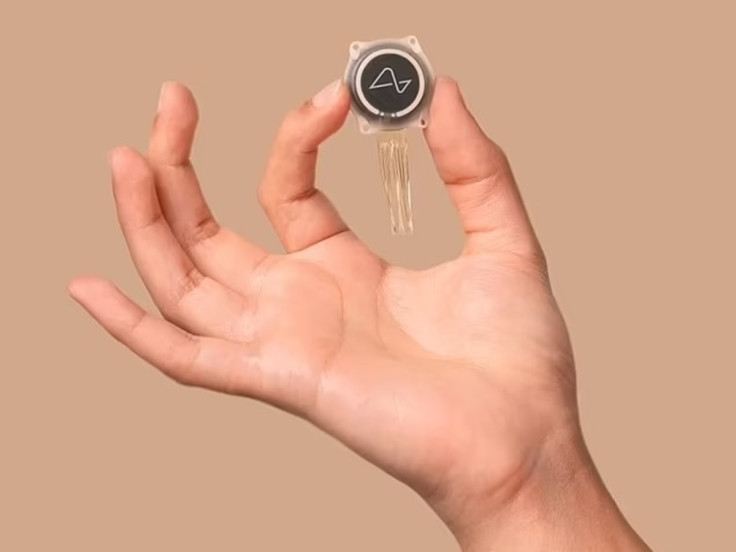
The first participant in Elon Musk's Neuralink 'brain chip' trial is thrilled with the experience and outcome of his procedure, calling it "amazing" and "rewarding."
In a groundbreaking procedure four months ago, 30-year-old Noland Arbaugh became the first person to receive a Neuralink implant, granting him the ability to control computers with his thoughts. This breakthrough followed Musk's announcement of Neuralink's success in implanting a chip in a monkey's brain, allowing it to control video games with its thoughts.
"I'm excited to keep going," said Arbaugh, who has lived with paralysis since a college injury affected his C4 spinal vertebrae before he became one of the human participants in Neuralink's anticipated human trial.
While Arbaugh could achieve impressive feats like racing his stepfather in "Mario Kart" and controlling a computer cursor with his thoughts, it is worth noting that the Neuralink technology is still under development, with technical challenges to be addressed.
Noland Arbaugh Shares His Experience
Arbaugh shared his excitement after the successful procedure: "I was like, once you guys take these restraints off me, I'm just gonna fly," Arbaugh said. "It was very, very cool."
A recent report on Arbaugh's Neuralink experience revealed that a significant portion of the chip's thin electrode connections became loose. In response, Neuralink engineers focus on software optimisation while the FDA greenlights trials for a second participant.
In an interview with the New York Times, Arbaugh explained that the natural movements of his brain within the protective cerebrospinal fluid may have contributed to some electrode loosening over time.
Neuralink is investigating the cause of the loosened electrodes. While Arbaugh attributes it to natural brain movement, Neuralink sources told the Wall Street Journal that air trapped in the skull during surgery (pneumocephalus) could also be a factor.
The report indicated that the air bubbles might have contributed to the electrode detachment, raising concerns that necessitated evaluating implant removal. This month, the Musk-led neurotechnology company secured FDA approval for their second human trial.
Neuralink intends to implant a revised chip with deeper electrode connections in this participant's brain. The brain-computer interface utilises a chip connected to microscopic, flexible electrodes. A surgical robot precisely inserts these electrodes into the brain tissue.
The robot collaborates with a surgical team to ensure a minimally invasive procedure by creating a small opening in the skull, facilitating the connection of microscopic electrodes to targeted brain regions, and then sealing the incision. The only visible reminder of the surgery is a faint scar.
Technical Hurdles and Future Advancements
Elon Musk has touted the procedure's efficiency, claiming it can be completed in 30 minutes without general anaesthesia, allowing patients to return home the same day. However, Dr. Lee Miller, a neuroscientist at Northwestern University, highlights the ongoing challenge posed by the brain's natural immune response to implants like Neuralink.
Dr. Miller, a specialist in rehabilitative medicine, emphasises a fundamental challenge: the brain's natural response to implants. Research has shown that scar tissue can form around sensor implants, compromising their ability to communicate with the brain.
In some cases, entire implants connected via tiny needles have even been rejected by the brain's immune system. While adapting to Neuralink's software updates necessitated Arbaugh to develop new techniques for clicking and cursor control, the Arizona resident remains positive, emphasising the improvements it brings to his daily life.
Before Neuralink, Arbaugh relied on Apple's Siri voice assistant on his iPad for tasks like texting, calling friends, and managing his daily routines. Arbaugh achieved a remarkable feat in January after receiving the Neuralink implant and undergoing a rigorous training program.
He surpassed the 2017 world record for speed and precision while controlling a computer cursor with his thoughts alone.
Although he is still in the early stages of Neuralink's experiment, Arbaugh is hopeful that the lab can achieve "more science-fictional applications of brain-computer interfaces." He believes that Neuralink should continue with their experiments so they can help people like him with their capabilities - "As long as we don't give up our humanity along the way," he said.







